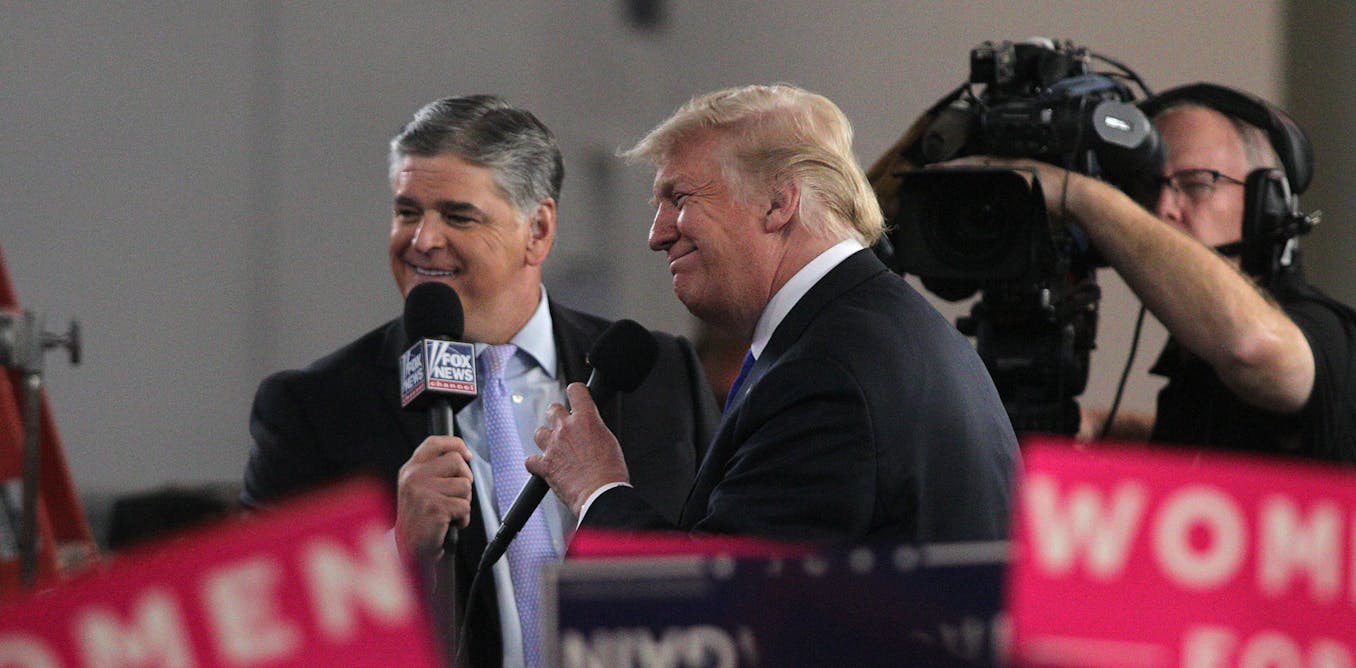
- Select a language for the TTS:
- UK English Female
- UK English Male
- US English Female
- US English Male
- Australian Female
- Australian Male
- Language selected: (auto detect) - EN
Play all audios:
This week, it was revealed that a GCSE examination board, Oxford, Cambridge and RSA (OCR), made the remarkable decision to disqualify a 16-year-old Religious Education student for expressing
views on halal slaughter in an exam paper in June. Abigail Ward, who attends Gildredge House school in Eastbourne, East Sussex, was told her opinion that halal slaughter was something she
found “absolutely disgusting” was tantamount to “obscene racial comments” about Islam. Aside from the ignorant conflation of ritual slaughter with race, her disqualification was utterly
absurd. Abigail’s school rightly defended her, because the comments were in relation to her beliefs as a strict vegetarian and animal lover, and not criticising Muslims, per se. Of course,
OCR had little choice but to overturn the examiner’s overzealous decision and issue an apology. But once again, the case raises the ugly Orwellian spectre of perfectly legitimate opinions
being censored with the all too commonly deployed ‘Islamophobia’ stick. Stephen Evans, Chief Executive Officer of the National Secular Society told me, “Anyone interested in preserving the
right to free speech should be alarmed that a valid criticism of a religious practice was deemed bigoted, racist and deserving of punishment. Although this student’s disqualification was
overturned, it still sends the message that criticism of Islam is beyond the pale.” Evans who was a signatory to a recent letter to the Home Secretary opposing a controversial APPG
definition of Islamophobia went on, “The pernicious concept of Islamophobia has erroneously led people to conflate religion and race, creating a paralysing fear that any criticism of Islamic
culture will be branded racist. All fair-minded people need to push back against this.” With all this in mind, one may reasonably then ask is it an irrational fear, or phobia, to take
umbrage at the ritual slaughter of animals in multi-cultural Britain? If so, then Sikhs are guilty as charged – that’s 423,000 individuals based on 2011 census figures. According to the
Rehat Maryada, or Sikh code of conduct, halal and any other ritually slaughtered meat (like kosher) is strictly forbidden. The sentiments held by Sikhs who obey this rule are similar to
those held by Abigail – but go further still: in their eyes it is superstitious to believe reciting prayers whilst sacrificing an animal will serve to make it acceptable for consumption in
the eyes of a lifegiving, nurturing and benevolent Creator. Many Sikhs are thus strict vegetarians, but those who consume meat are encouraged to eat an animal killed instantaneously with one
blow – a method referred to as jhatka. According to the British Veterinary Association (BVA) more than 80% of animals sacrificed in halal slaughter here are stunned before being killed (by
hand). But the BVA and groups like the RSPCA maintain those killed without stunning needlessly suffer. The BVA has previously called on the government to end non-stun slaughter. The strength
of feeling among animal lovers is clear, one petition garnered 115,000 e-signatories. There is currently a “religious exception” to the EU’s 2009 Slaughter Regulation, which requires all
animals to be stunned before slaughter. Animal rights groups are simply highlighting scientific evidence that slaughter without pre-stunning allows animals to feel pain, and this compromises
animal welfare. They have also had to push back against the kind of ridiculous allegations levelled against Abigail saying, “we categorically refute any suggestion that this is an
anti-Muslim or anti-Jewish campaign.” In modern Britain, halal is big business – one industry body values it at £2.6bn a year. However, now halal meat is ubiquitous in schools and
restaurants (including Nandos and Gourmet Kitchen Burger) it is essential non-halal options are provided too. But in my experience, that’s not always the case: Sikh children and others whose
parents object to halal are rarely provided an alternative. Last year, Lord Singh of Wimbledon, the Director of the Network of Sikh Organisations (the charity I work for), wrote to the
then Parliamentary Under-Secretary for The Department for Education to request the government make an intervention instructing school catering departments to provide a non-halal meat
alternatives. His plea for a level playing field was regrettably kicked into the long grass. On reflection, it’s no surprise that the OCR examiner accused Abigail of “obscene racial
comments”. Politicians and councillors have tacitly condoned overzealous sanctions by supporting a flawed APPG definition which conflates criticism of Islamic practices with anti-Muslim
hatred, and which says Islamophobia is, “a type of racism that targets expressions of Muslimness or perceived Muslimness”. It is hard to disagree with Abigail’s mother on the decision to
quash her daughter’s disqualification, “It’s great that it has been overturned, but it should never have happened.”






![[ monsoon session ] rs productivity falls further to 16% in 2nd week](https://www.greaterkashmir.com/wp-content/uploads/2023/08/20220717306L.jpg)

